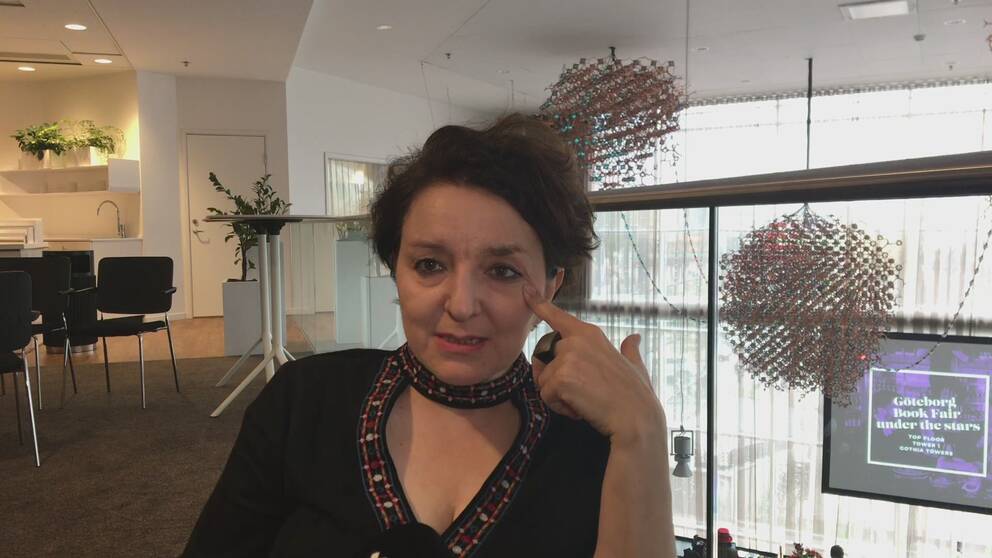Sociology professor Eva Illouz has become something of an academic fix star with her crass descriptions of modern love. Where many still want to see love as a natural force and sex as one of man's deepest roots, she sees how relationships and love follow trends and the market in the same way as everything else. The cultural news met with her in Gothenburg, where she was invited by the organization Jewish Culture in Sweden.
- Just because something is based in biological drives does not mean that it does not change. Humans have always needed food, but our diet today does not at all resemble the one that existed 150 years ago, she says.
- Sexuality is universal, but the meaning of sex has changed drastically. In the past, sex was taboo, associated with sin, it was sin. They were thinking about how to get sex, even within marriage to raise children, to be seen as something permissible. Today, it is strongly linked to mental health, self-realization and joy.
Don't have to be beautiful to be sexyAs the society began to see with more permissive eyes on sex as a self-purpose - for both men and women - the concept of "sexiness" has become a new currency of love, says Eva Illouz.
- Think about the difference between being beautiful and being sexy. Being beautiful is not really a matter of discussion - one is it or not. But sexiness was invented with the culture of consumption. You don't have to be beautiful to be sexually attractive. You can achieve this by putting the right amount of work on your body, buying the right clothes and the right perfume.
Sex as take away pizzaEva Illouz's thesis is that society has fundamentally changed their views on sex and love. Today, love is much more strongly connected to the self than before and is seen as an individual psychological phenomenon, which leads to love hurting more.
Previously, practical knowledge, social class and character were ranked higher in the choice of partner and were therefore not as devastating to the self when it did not work, Illouz says.
At the same time, the view of the connection between love and sex is weaker, which makes it easier to feel interchangeable. Since she wrote That's why love hurts in 2012, the dating app has entered the market for the pursuit of love and sex. Eva Illouz believes that the emergence of the apps leads to a barrier between emotional life and her own and other bodies.
- Tinder, for example, made sex and sex partners as accessible as take-away pizza. It has changed the number of people you can have sex with and has led to an increased "enchantment" of sex. If sex was previously defined by religion, romance and emotions, then it is to a greater extent something that has only to do with physical pleasure. It creates a dissonance between body and emotion.

